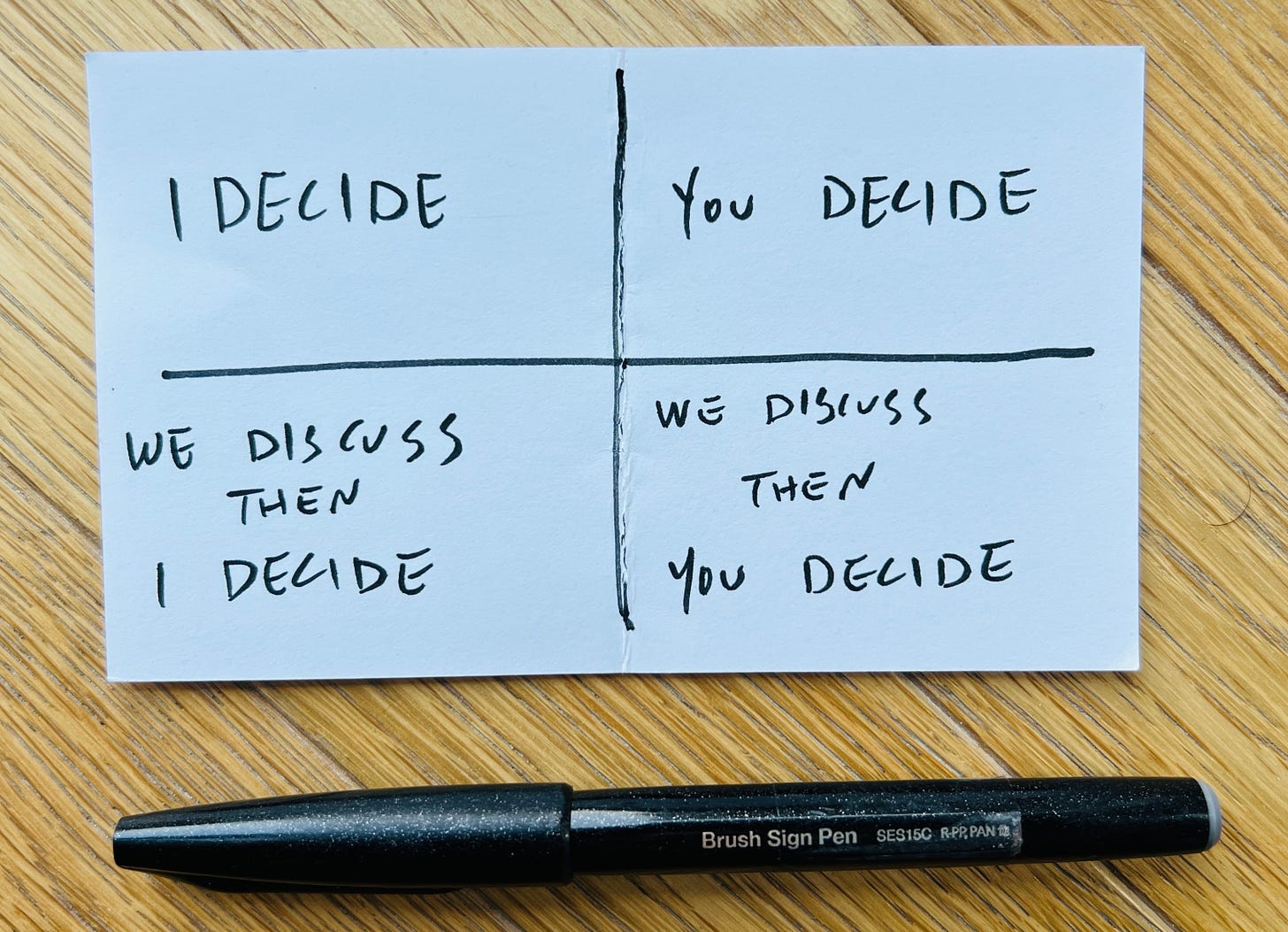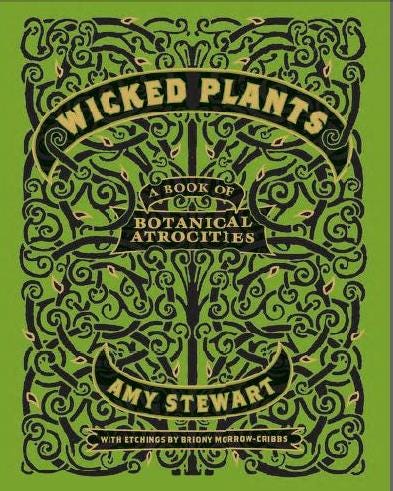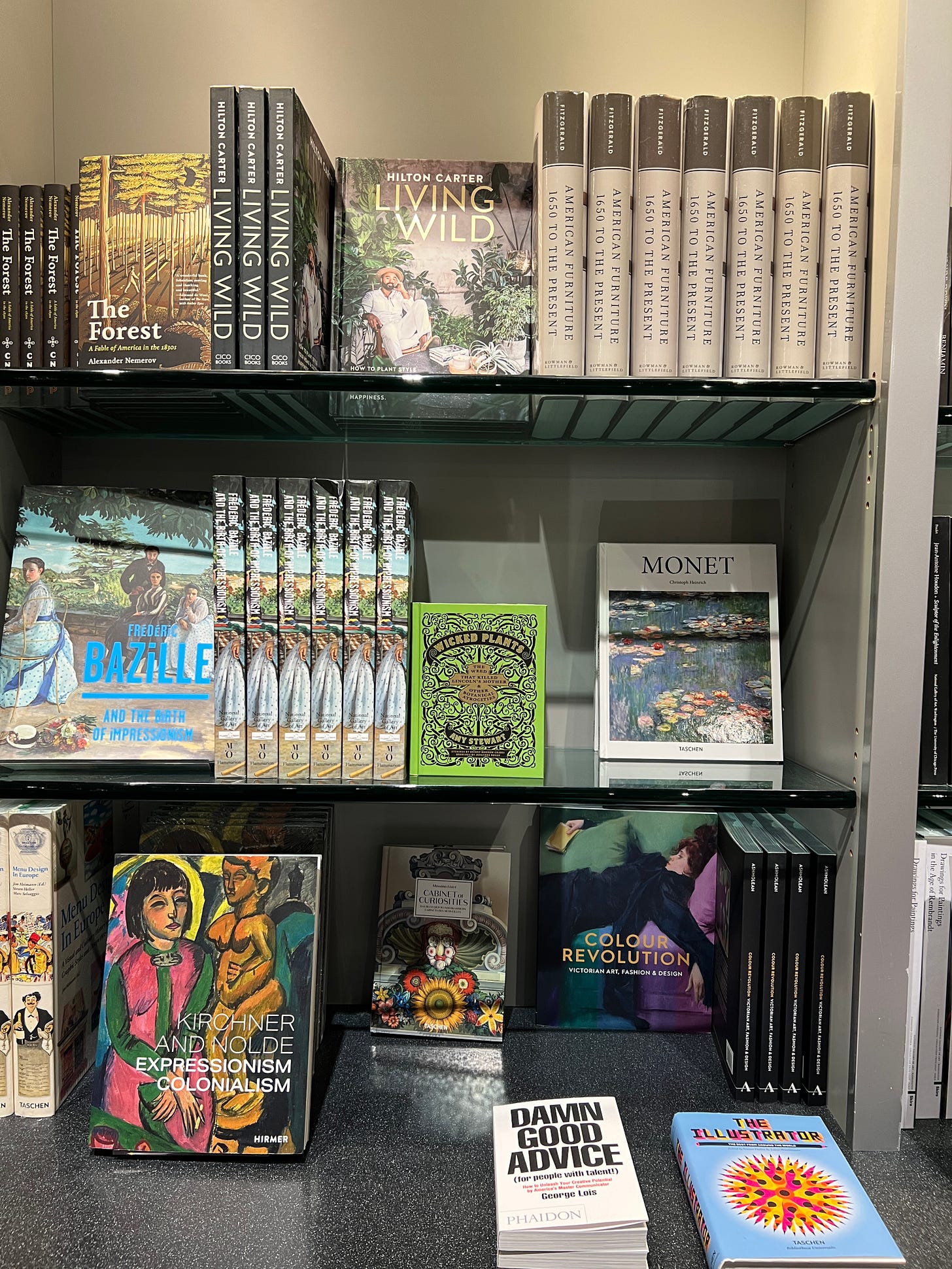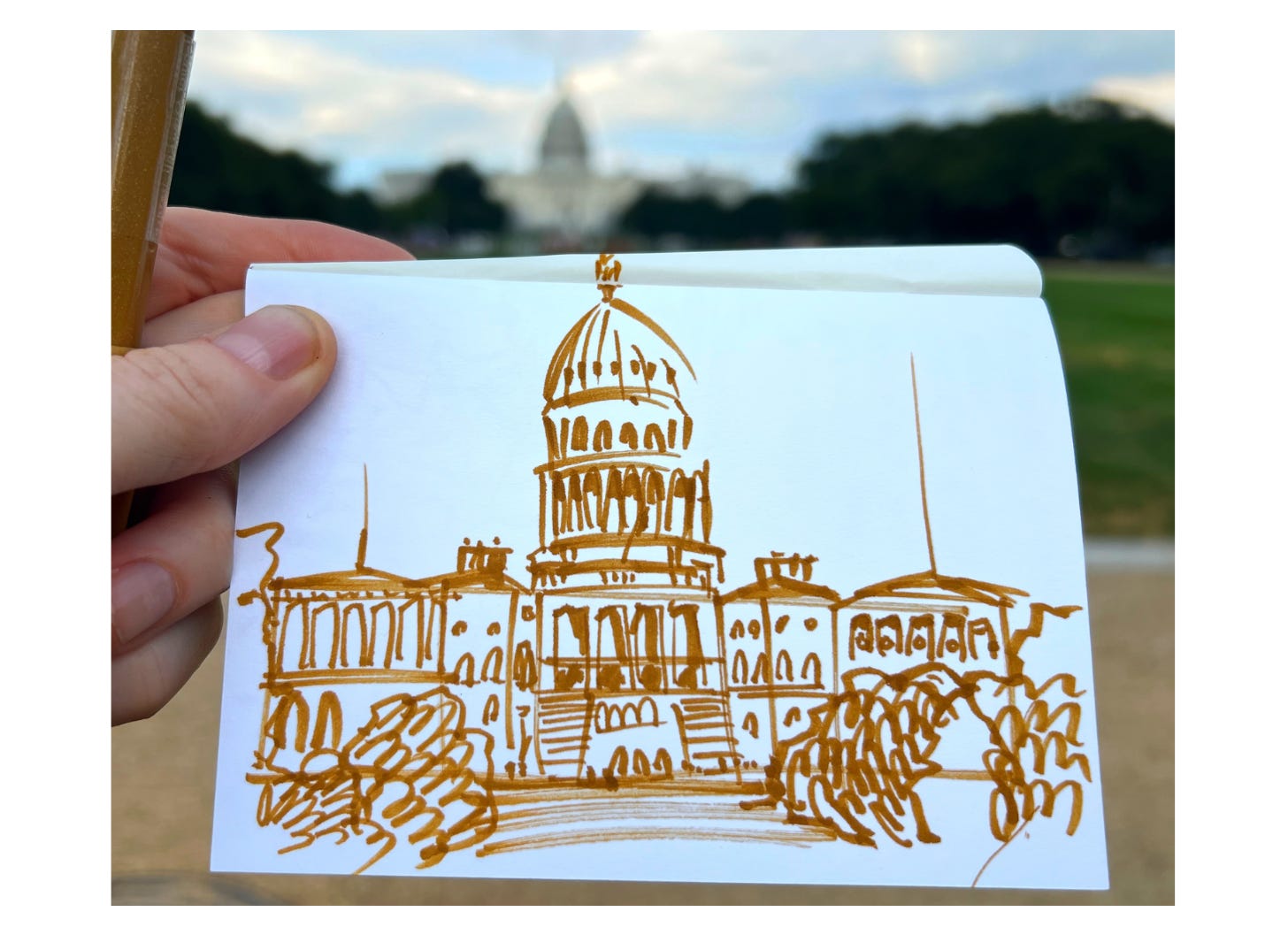When it Comes to Publishing Your Book, Who Decides?
A Decision Matrix for Authors and Publishers
A classic 2x2 matrix, applied to book publishing
wrote a piece about a 2x2 decision matrix last week, and it got me thinking about this one, above. There’s nothing new or revolutionary about it: it’s been circulating in the business consulting world for decades. My husband first saw it in the nineties, when a very wise and brilliant business consultant was hired to help the department where he worked.It’s been almost thirty years since he first told me about this idea, and in that time I’ve thought about it A LOT. It comes up in conversation around our house often, in many different and varied contexts.
And when fellow authors complain to me about the publishing process (complaining is every author’s favorite sport), I often think about this matrix, and how helpful it would be if authors knew, on the day they signed their contract, where every step of the process would fall. For instance:
Author decides: Whether to write the book at all, how/when/where to write the book, what to name the characters, whether to conduct interviews in person or by Zoom, really every part of the process of getting the book written.
Publisher decides: Whether to publish the book, how much to charge for the book, where to have it printed, what kind of paper to print it on, how much money and time to invest in book tour, publicity, or marketing efforts, really every part of the process of getting the book physically manufactured and out into the world.
We discuss/author decides: Most of the editorial process falls under this category. Your publisher might ask for all kinds of changes to your manuscript: Make it shorter, make it longer, re-write this scene, cut that scene, make it more descriptive, less scientific, etc. Some of the copyeditor’s notes (the finer points of grammar and punctuation) might be at the author’s discretion.
Authors generally aren’t required to make every change suggested by a publisher, but they should probably make most of them. That’s the whole point of “we discuss”—the author should carefully consider the valuable expertise of the publisher. (Also, the publisher does ultimately decide whether or not the book is acceptable for publication.)
We discuss/publisher decides: Much of the pre-publication process falls under this category. A publisher will let an author have input into decisions like the cover design, the promotional copy, and the marketing and publicity plans. But ultimately, many of these decisions rest with the publisher.
Here again, the point of “we discuss” is that they should carefully consider the valuable expertise of the author, who hopefully knows a great deal about the book’s subject matter and potential readers, and who is ultimately going to have to live with the book in its finished form. (Readers are generally unaware of publishers and give all the credit or blame to the author regardless of who made the decision.) Also, the author will have to carry out many of the promotional activities, like going on book tour and giving interviews, so it makes sense that they’d have considerable input.
Do you see what’s missing from this matrix? We discuss/we decide. Seems important, right? But we discuss/we decide means consensus. And consensus is hard!
Consensus matters in a marriage. It matters in big picture decisions about the future of an organization or a community. But it’s difficult if not impossible for a fairly short-term process like book publication.
Think about it: if consensus means we won’t move forward until we all agree, even if “agreement” means a compromise in which we aren’t all 100% happy with the decision, then crucial decisions could be delayed for months or years, and valuable staff time/author time could get devoured.
Given the very real constraints on chronological time (the book has to be published next spring, for instance), staff time, and money, there probably aren’t many aspects of book publishing that are truly “we discuss/we decide.”
The problem that can crop up for authors (and many other people grappling with this decision matrix, I’m sure you’re thinking of other examples in your own lives) is that often we want to pretend that “we discuss/we decide” exists when really it doesn’t.
Also: often we don’t want to have to explain to someone else that the decision they feel so strongly about actually falls on the other person’s side of the decision matrix.
I’ve had a couple of conversations with disgruntled authors on the road these last few weeks that made me realize how helpful it might be for an author to understand where the decisions fall in this matrix. If you understand that a decision is not ultimately yours to make, but that you get to have input which will be seriously considered, then maybe it’s easier when things don’t go your way?
Title and subtitle decisions come closest to sinking into the “we discuss/we decide” swamp: Publishers truly don’t want to publish a book with a title the author hates, but at the end of the day, it usually is the publisher’s decision. There’s a reason for that: Publishers have more data and more experience with the kind of titles that work and the kind that don’t, and also, authors can get weirdly attached to the wrong title for reasons that have nothing to do with sales and other practical considerations.
Here’s an example from my own career. I wanted my fourth book to be called Wicked Plants: A Book of Botanical Atrocities. One day, while I was on the road promoting my third book, I got a call from my editor at Algonquin. She’d just come from a big meeting in which Peter Workman, the brilliant founder of Algonquin’s parent company, Workman, had said that he wanted to change the subtitle to The Weed That Killed Lincoln’s Mother and Other Botanical Atrocities.
I was appalled by this. “Lincoln is everywhere,” I groused as I was boarding a plane (I have a very clear, visual memory of this moment, that’s how much it mattered to me at the time). “It’s about to be the 200th anniversary of his birth. There are a million books about Lincoln coming out right now.”
“That’s right,” my editor said, patiently and soothingly. “He’s popular. People like him. That’s why we want to put his name on the cover of your book.”
We went back and forth in this manner for a few minutes, and then it was time for me to stow my luggage and hang up. “Well,” I said, sounding a little extremely snippy. “It’s your decision. I gave my input. Thanks for hearing it.”
The book came out and I cringed every time I had to say that stupid subtitle out loud.
Then it started to sell. And sell. And sell.
At the time, we owned a bookstore. My books were out on display. Sometimes I’d be lingering around the counter, somewhat anonymously, and I’d listen to what people said when they picked up the book. Almost always it was some version of, “The weed that killed Lincoln’s mother…Honey? We should buy this for Bob!”
I called my editor and told her that I was wrong and Peter Workman was right. He was almost always right. He understood what appealed to the average ordinary reader in, say, Kansas. That was his particular genius.
Just a couple days ago, I was in the gift shop at the National Gallery of Art in Washington, DC, and I saw this, and it made me indescribably happy:
Peter Workman knew that if we put Lincoln’s name in the title, we’d sell more copies. He also know that it would be stocked forever in Washington, DC area gift shops. He was right on both fronts.
Not every decision goes well. Authors screw up, publishers screw up. We gather the best information we can and we put our effort into getting it right, then we move on to the next book.
But when a fifteen year-old book is still on display in a gift shop in our nation’s capital, in its twenty-something-est printing, I remember that the whole purpose of that 2x2 decision matrix is to put every decision into the hands of the person best qualified to make it, and to get on with it.
Thus concludes my little publishing rant. If you’re interesting in writing and publishing, thanks for reading this and I highly recommend following
, , and .Supporters are looking at pocket sketchbooks this week
I’ve been traveling around the country with a passport-sized sketchbook and one pen. Take a look at what I’ve been drawing, and get some tips for getting it done. For just a few bucks a month, supporters get a weekly art lesson in their inbox and the satisfaction of helping to keep this enterprise afloat. Also, I take a lot of requests, so if there’s anything you’re struggling with, art-wise, I’ll devote a lesson to it.
The Bit at the End
There are still a few events left on this tour, including two in Portland, and a couple of virtual events. Many of these events ask that you pre-register.
Order a SIGNED copy of my new book, The Tree Collectors: Tales of Arboreal Obsession, from Broadway Books in Portland, OR.
Come find me on Instagram, or see paintings for sale- Right here
Order signed copies of some of my books from my husband’s bookstore, or order my books and many books I love at Bookshop.org
Take one of my online writing or art classes here
Leave a comment! I love to hear from you!








We truly enjoyed having you in DC! My husband was so impressed by your presentation that he wanted a book of his own so we didn’t have to share.
Aw. I came to read about publisher/author decisions and found the substack of the author to my beloved little Wicked Plants book. Thank you for such a fun resource. Your book has survived all of my shelf purges.